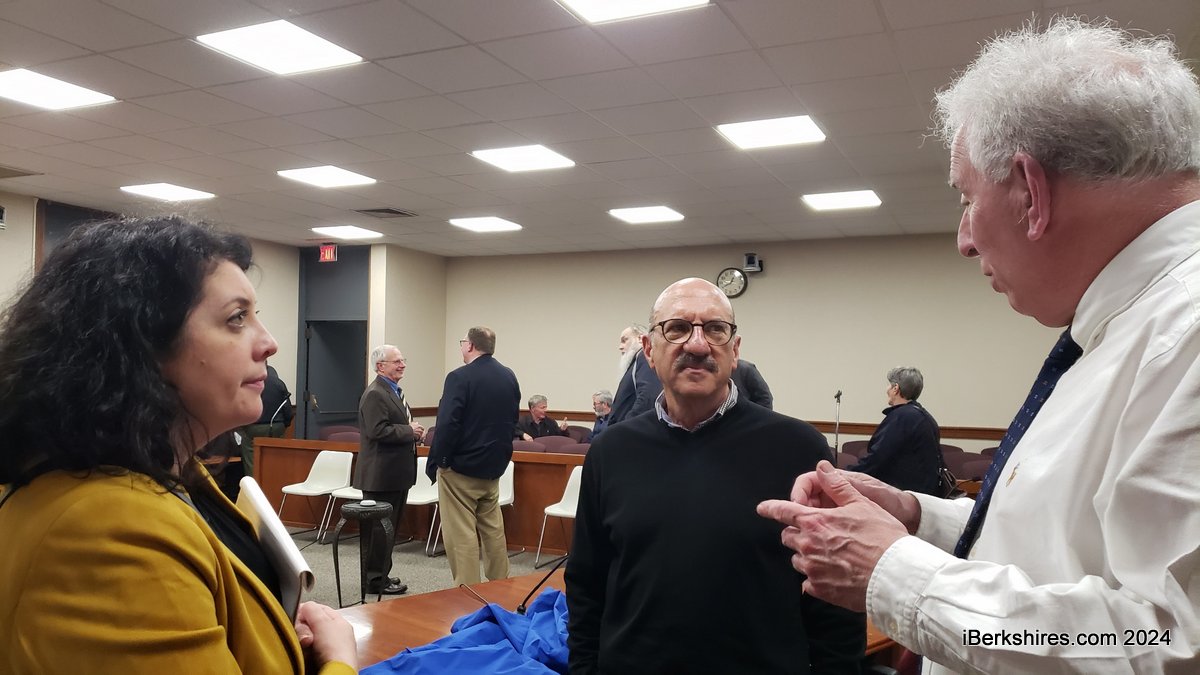
Should You Make Extra Mortgage Payments or Boost Your Investments?
 |
Every month, you pay your mortgage. And, depending on your circumstances, you may be able to afford to put in additional payments – perhaps sizable ones. But should you? Or, if you really have the extra money, should you invest it?
Initially, you might think it would be quite nice to rid yourself of that mortgage sooner, rather than later. But is it really the burden it seems?
Actually, you get some real benefits from a mortgage. It certainly provides something of great value to you – your home. If you got your mortgage – or refinanced your home – within the past decade or so, you are borrowing money at a pretty favorable interest rate, by historical standards. And even assuming a mild rate of inflation, such as we've had for the past several years, you'll essentially be paying off your mortgage with cheaper and cheaper dollars over time. Plus, your interest payments may well be tax deductible. (The new tax laws limit deductions on new mortgages of $750,000 or more. For questions on your specific situation, consult your tax professional.)
So, given these advantages, an argument could be made that you should be in no hurry to pay off your mortgage. Still, you might be tempted to make the extra payments because you'll be building home equity. After all, isn't this equity valuable? It is – to a degree. The larger your home equity, the more money you'll get to keep when you eventually sell your home.
But in the meantime, that home equity may be less useful than you might imagine. For one thing, just building more equity won't make your home more valuable – it will rise (or fall) in value along with whatever's happening in the housing market. By contrast, you could take the extra money and buy more shares in an investment such as stocks – and the more shares you own, the more valuable your investment will be if the price per share rises.
Also, if you were to experience a temporary job loss or some other financial emergency, your home equity might not help you much; if you're not working, you could even have trouble getting a home equity loan. Conversely, your investment portfolio can offer you greater liquidity, depending on your specific investments. Most investment vehicles, such as stocks and bonds, generally can be sold quickly, without much difficulty. (Keep in mind, though, that if you were forced to sell investments when their price was down, you could take a loss on the sale.)
Clearly, you could gain some advantages by using any extra money to invest, rather than paying down your mortgage. Nonetheless, you may simply get emotional and psychological satisfaction by speeding your progress toward the day when your house is paid off – and that type of satisfaction certainly has value. You'll need to weigh these intangible factors carefully in deciding whether to increase your investments or make extra mortgage payments – because, ultimately, you need to feel that you're doing the right thing, for the right reasons.
This article was written by Edward Jones for use by your local Edward Jones financial advisor. Courtesy of Rob Adams, 1 Berkshire Square, Suite 114, Adams, MA 01220, 413-743-0552. Edward Jones, its employees and financial advisors cannot provide tax or legal advice. You should consult your attorney or qualified tax advisor regarding your situation. For more information, see EdwardJones.com.
















